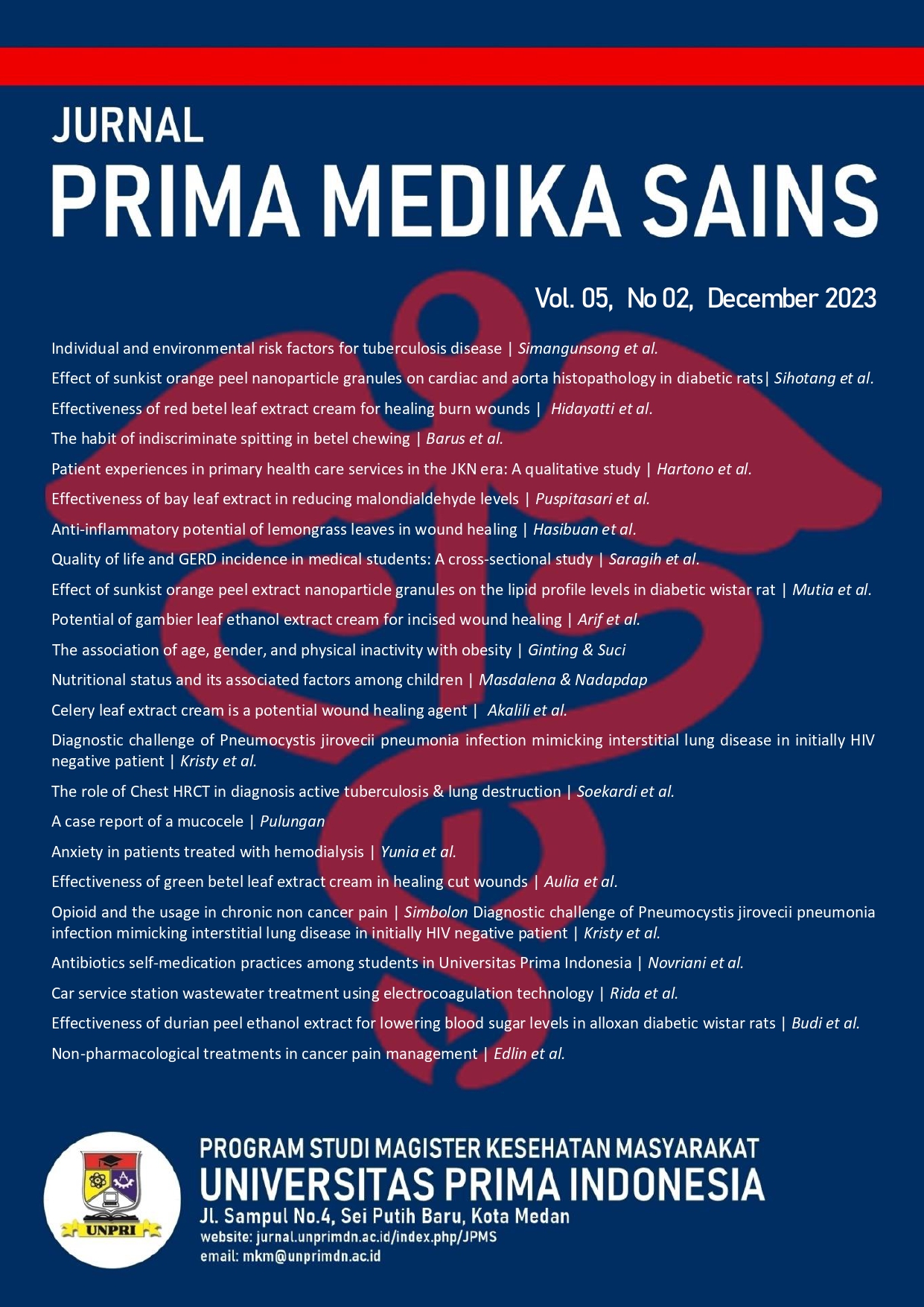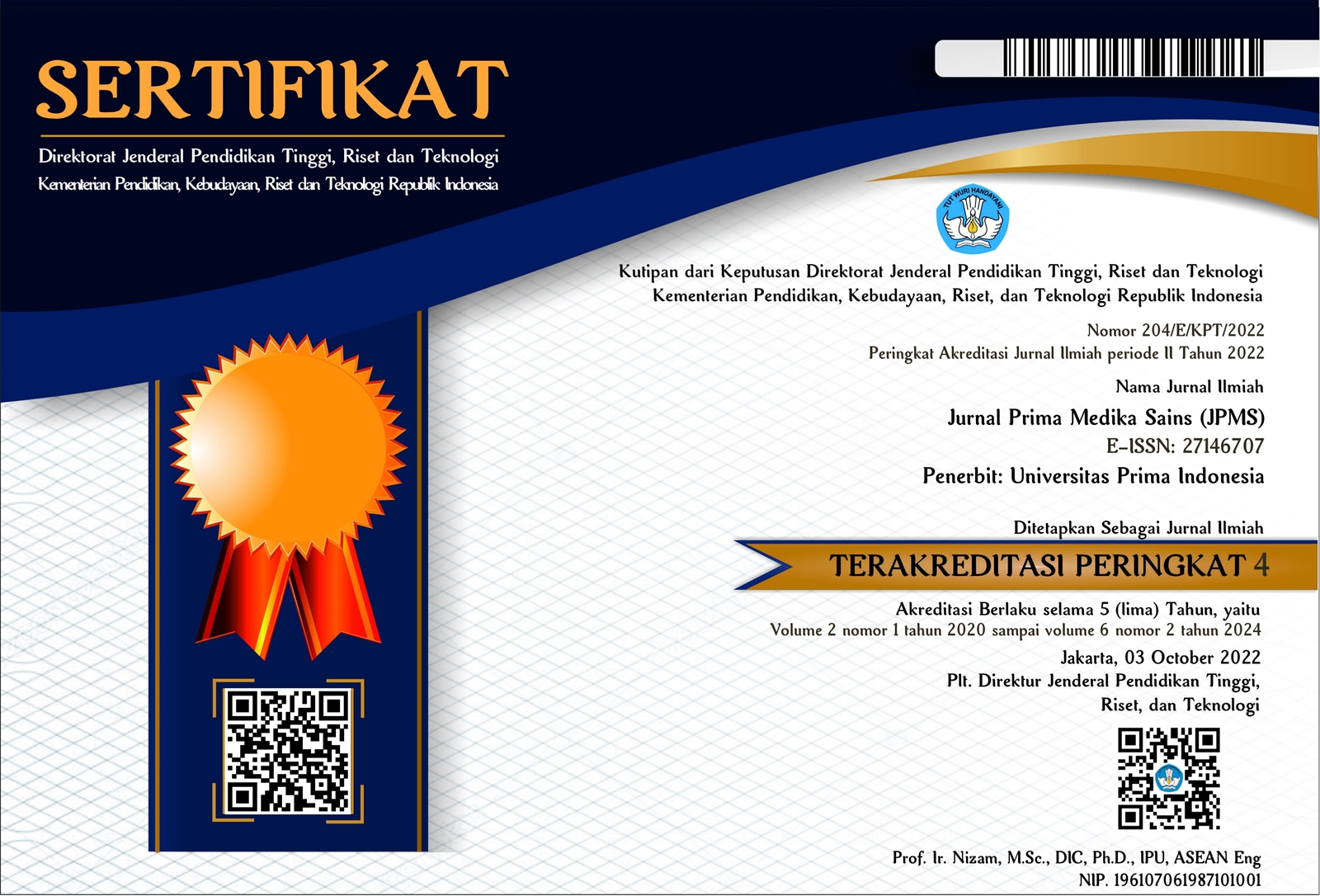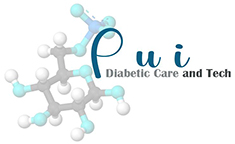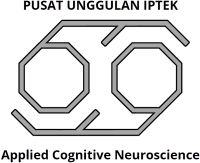Car service station wastewater treatment using electrocoagulation technology
DOI:
https://doi.org/10.34012/jpms.v5i2.4464Keywords:
wastewater, car service station, electrocoagulationAbstract
Efforts to prevent environmental pollution due to wastewater produced by car service station can be carried out using electrocoagulation technology. The purpose of this study was to analyze the effectiveness of electrocoagulation technology for treating car service station wastewater. This research is an experimental study conducted in a car workshop at PT Jaya Indah Motor Jambi City. The electrocoagulation machine used an Automatic PLC System WWTP 350 L with total dimensions of 1200 x 1200 x1700 mm, power 380Volt/20A (Stanby Steady State). Researchers compared the research data with the wastewater quality standards contained in the Ministry of Environment and Forestry Regulation No. P.68.MENLHK/Setjen/KUM/.I/8/2016. The results showed that the final value of the parameters of the treatment results using electrocoagulation had met the wastewater quality standards (TSS 19.75 mg/L; pH 6.92; BOD 8.46 mg/L; COD 25.07 mg/L; oil and fat 2.75 mg/L; and ammonia 7.12 mg/L).
Downloads
Published
How to Cite
Issue
Section
License
Copyright (c) 2023 Cut Nova Rida, H. Muhammad Faizal, Novia Novia, Poedji Loekitowati Hariani, Tuty Emilia Agustina, Subang Aini Nasution, Nurhayati Nurhayati

This work is licensed under a Creative Commons Attribution 4.0 International License.






